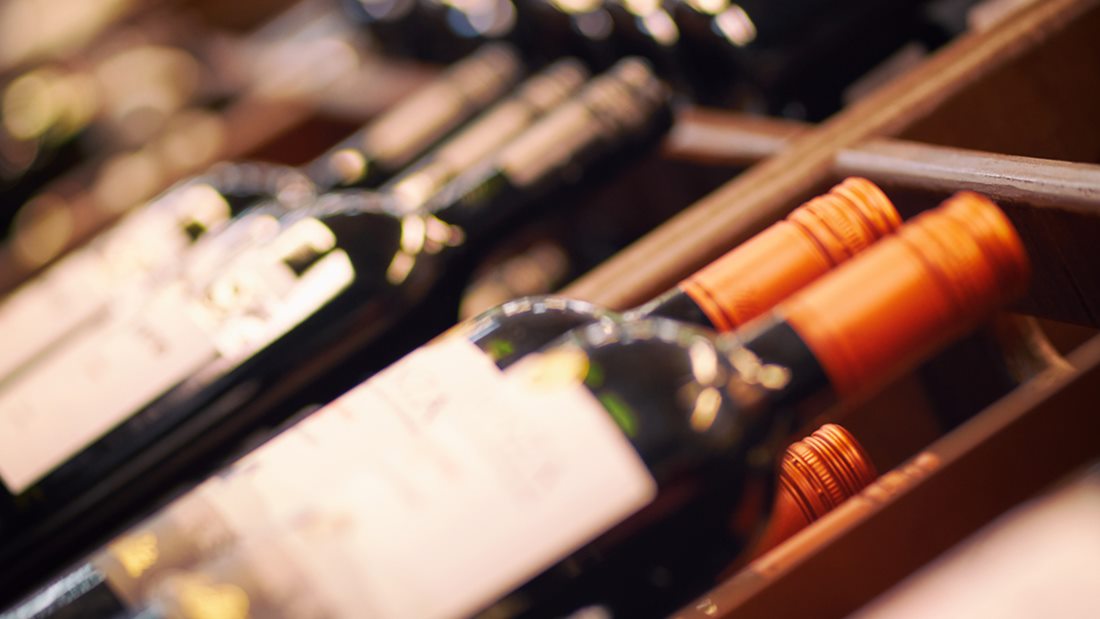
14 Jan Are Organically Made And Organically Grown Wines The Same?
There are many different categories of wines when it comes to wine, and every wine lover knows their whites, reds, rose, sparkling, and more. However, when you check wine labels, you may find some with “organic labelling” mentioned on them. So what exactly are organic wines? Does organic mean that the beverage comes from organically grown grapes, and are the methods used to produce the wine also organic? Well, let’s take a closer look at what these two terms imply regarding wine.
About Organically Made Wine
Every country has specific rules and regulations for wine production. Some wines will have “made from organic grapes” mentioned on the label. It means the producers used certified organic conditions in growing the grapes, and no herbicides, pesticides or fertilisers were used.
However, organic wines can still have animal enzymes, egg whites, and yeast (all permitted in organic wines). In addition, organic wine isn’t always vegan either. As mentioned, winemaking involves more than just the grapes. Producers add yeast to speed up fermentation. Sugars naturally occurring in grapes may be added along with other sugars. Conventionally produced wines may include colouring, added preservatives, residual pesticides, mouth-feel agents and animal by-products. Many wineries use chemicals to slow down or speed up transforming grapes into wine, and these chemicals also help preserve the wine longer.
The label will carry a sulphite warning like “Contains only naturally occurring sulphites”. This claim requires a professional lab analysis, and there is a set limit to the parts per million sulphites permitted.
Sulphites are natural by-products of all wine production (present in products like dried fruit, molasses, etc.). Most winemakers add other sulphites to help in wine stabilisation and preservation. These chemical compounds are typically harmless, except for a small percentage of people.
About Organically Grown Wine
The “organic” hype continues to grow, and it’s where the concept of organically grown or organically farmed wines came in. No synthetic chemical ingredients are used in this type of grape growing. Various fertilisers, pesticides, fungicides are prohibited from protecting the local environment. Some wineries maintain the organic farming method as their minimum standard. It means they follow tested organic farming practices but without any formal certification.
The first aspect of any organically farmed wine is the producer’s attitude towards and the use of chemicals. All mass made wine farming involves the use of chemical-based herbicides. Fungicides are used to prevent insect infestations and disease that can harm the grape. Vineyards where grapes are farmed organically use natural protective sprays only when required.
They may also use a unique Bordeaux mixture on grapevines. It comprises water, Lime, and copper sulphate to inhibit mildew, helping to keep the vines healthy while they mature. These producers also encourage biodiversity by using the natural environment in their vineyard by:
- Rigorous ploughing of the soils
- Planting good cover crops in between the grapevines
- Using natural composts and manures to fertilise the vines
- Integrating various predator populations for pest management
As you can see, there are some distinct differences between organically made and organically grown wines. You can check the label to determine which category the wine falls in.
Perfect Storage For Your Organic Wines
Regardless of the types of wine, you want to stock at home, having a custom wine cellar is the best way to ensure they remain in good condition for longer. We are highly experienced and skilled wine cellar designers and installers and offer customised services to our clients. We determine your needs based on the discussions we have with you before providing the best wine cellar designs and plans.
Our company uses the best materials and temperature and humidity control systems so your organically grown, organically made, and other wines stay in peak condition so you can enjoy them better. Organic wines especially need the proper storage conditions, as they are more delicate. Most will also have a shorter lifespan, and you need to consume them sooner than regular wines.
For more information about custom wine cellar designing services, call Signature Cellars on 1300 570 636. Our team is here to help you develop the perfect custom wine cellar for your needs. While planning this feature, they will consider all crucial aspects, so your wine bottles get the ideal indoor environment.
Thanks for reading,
Neil Smallman
Signature Cellars
1300 570 636




No Comments